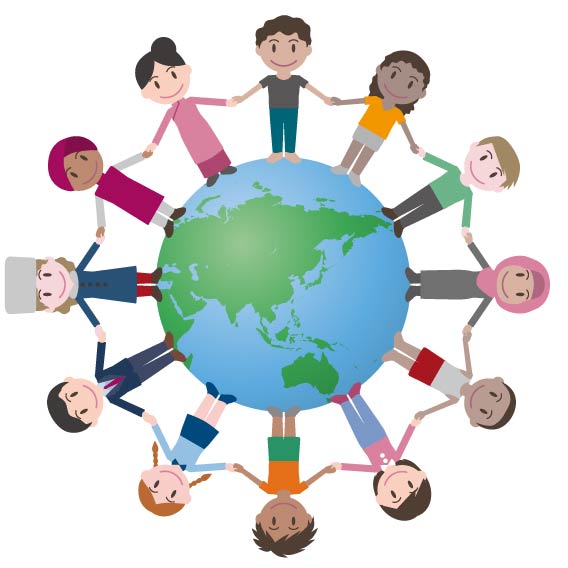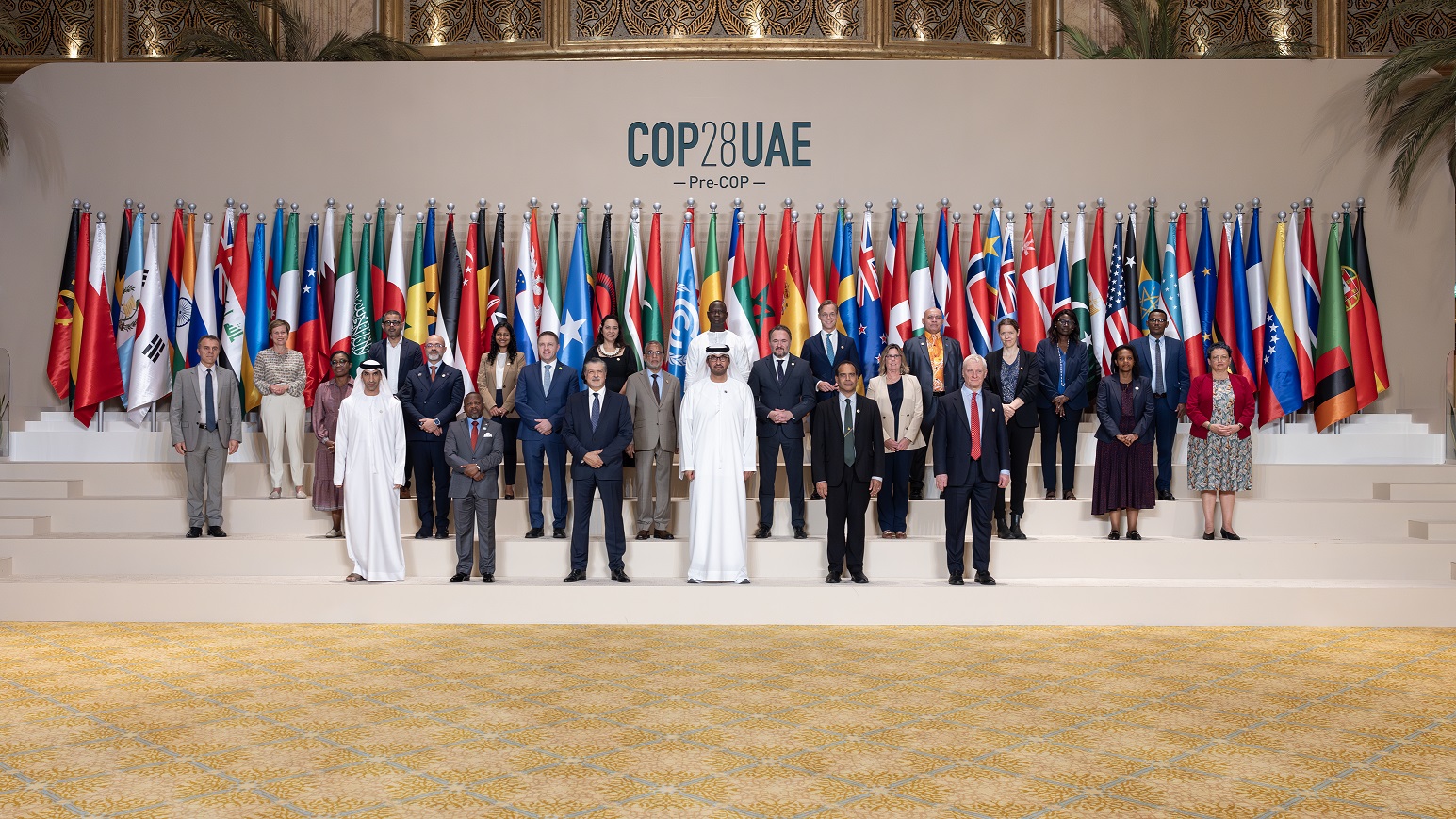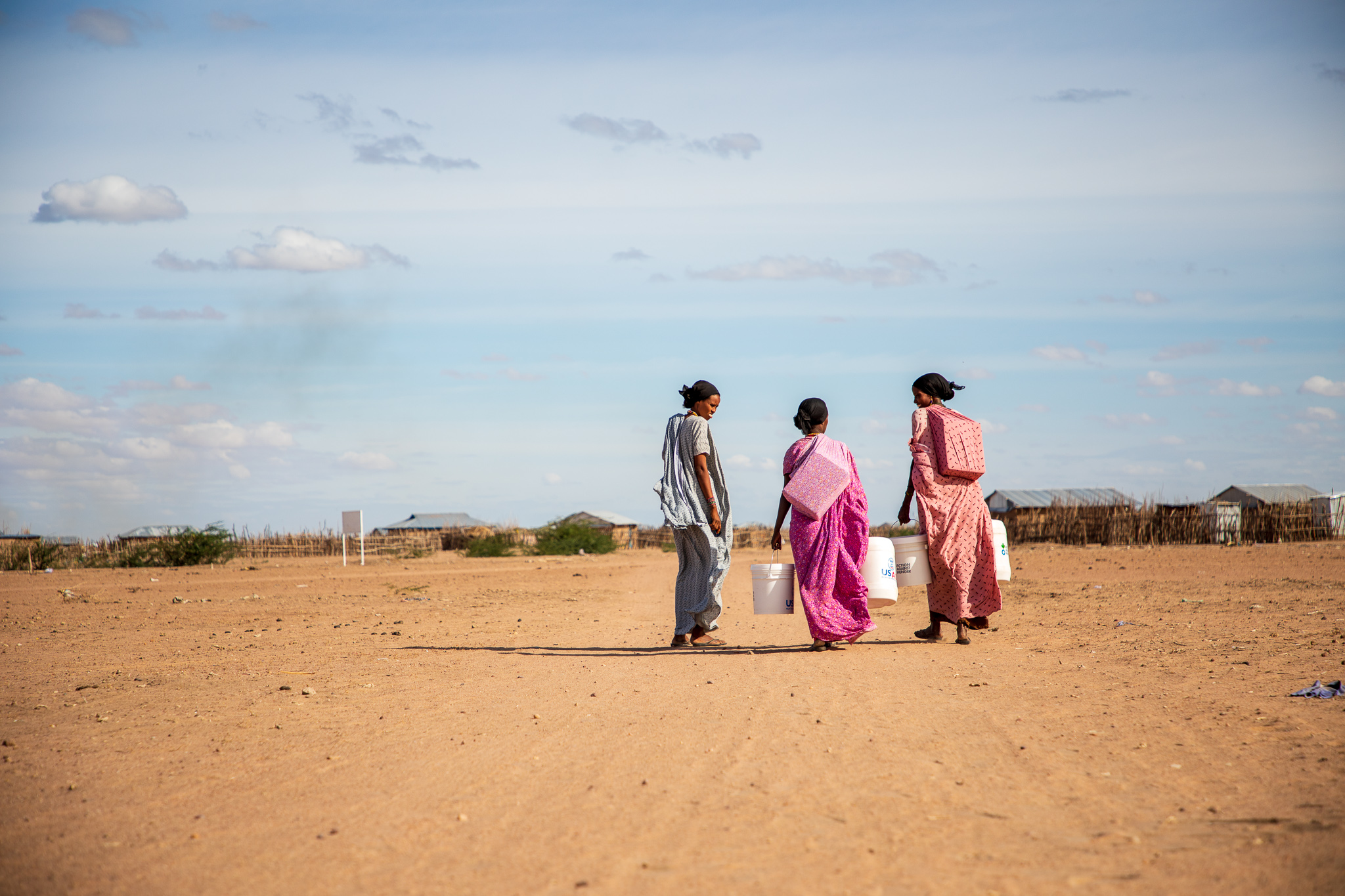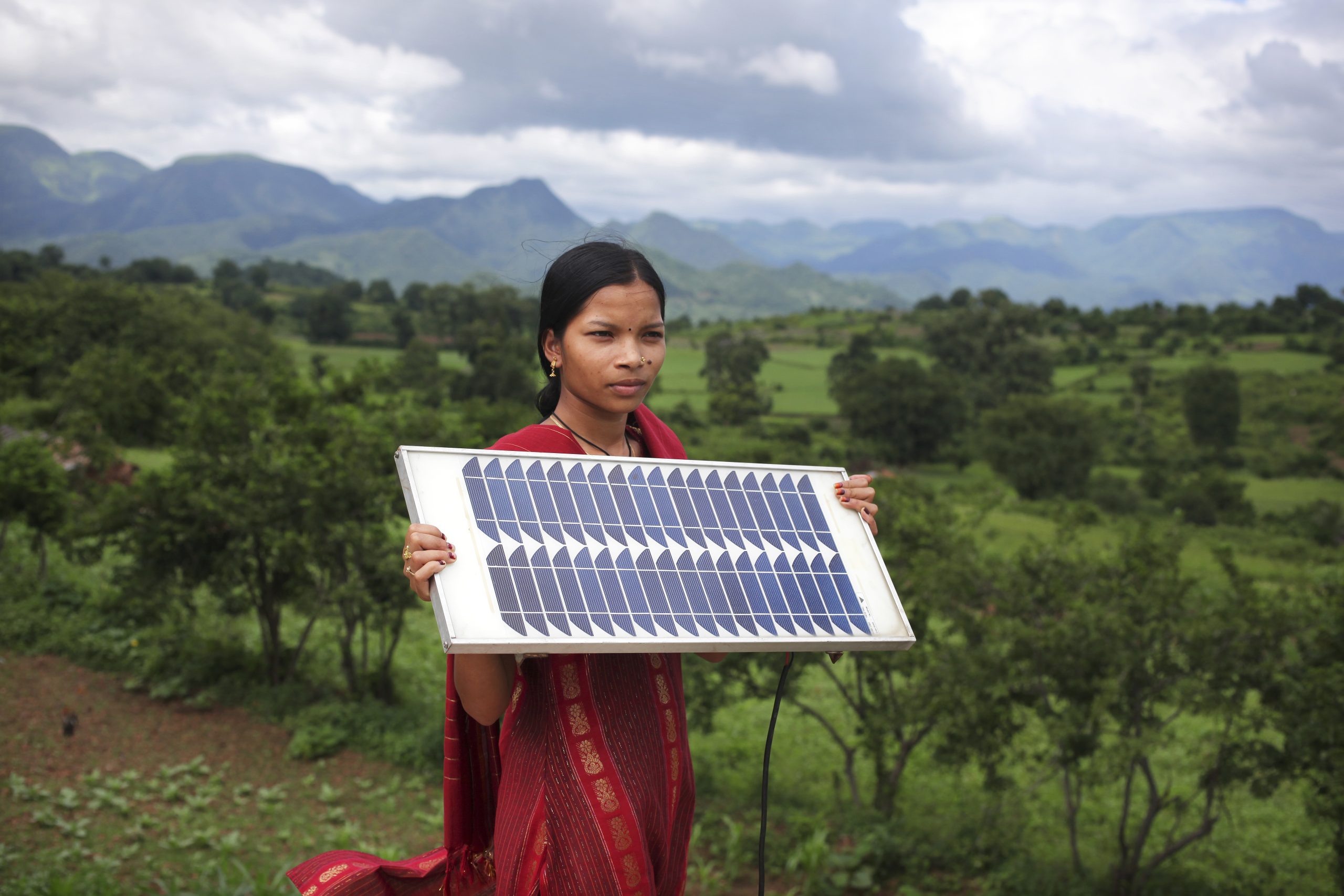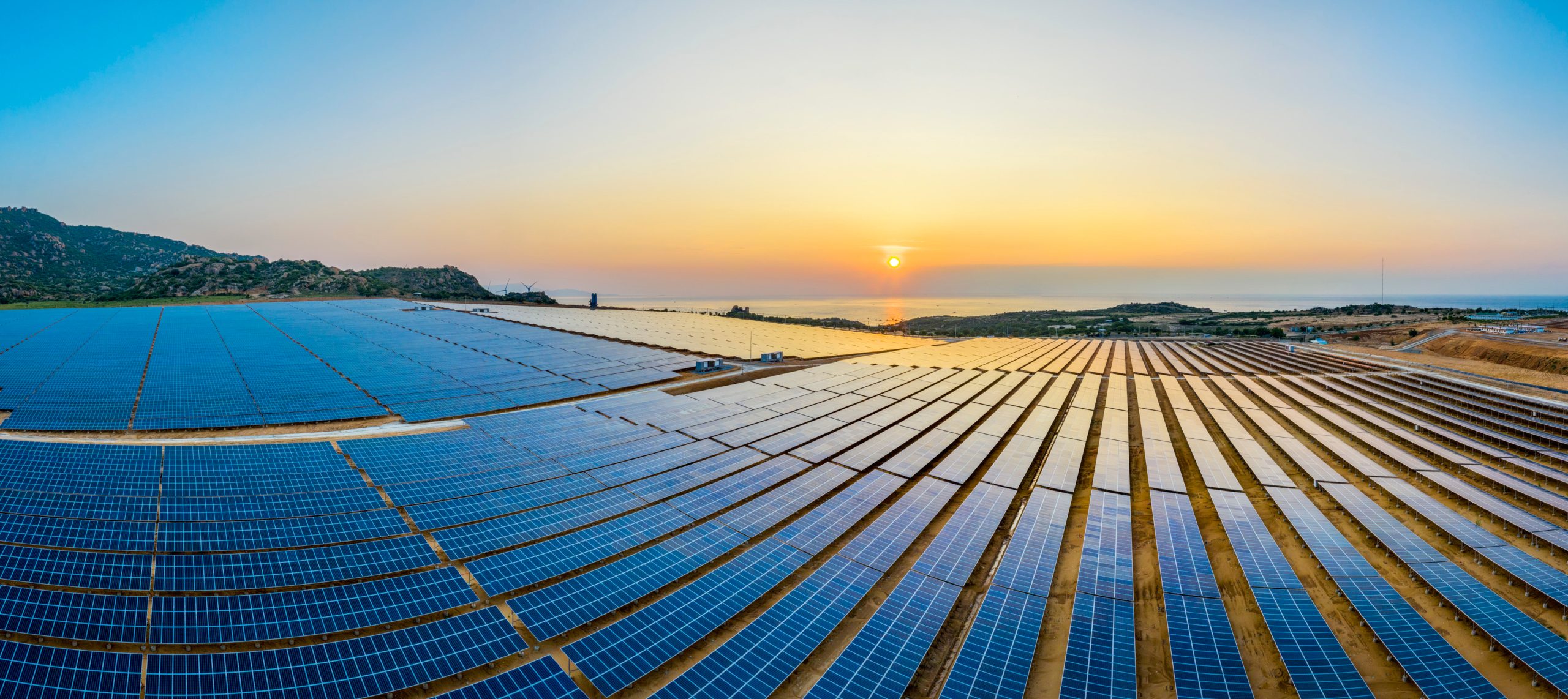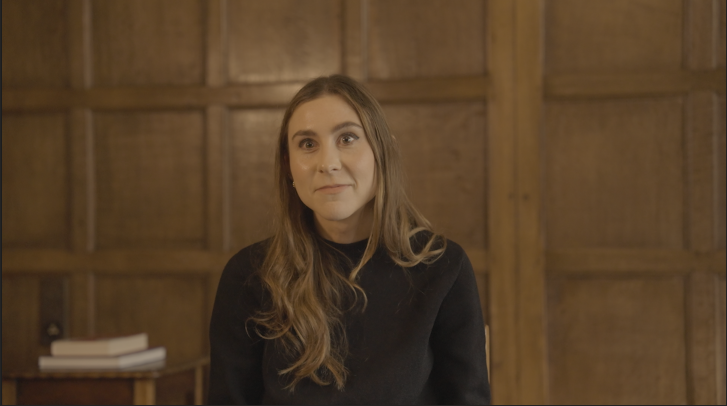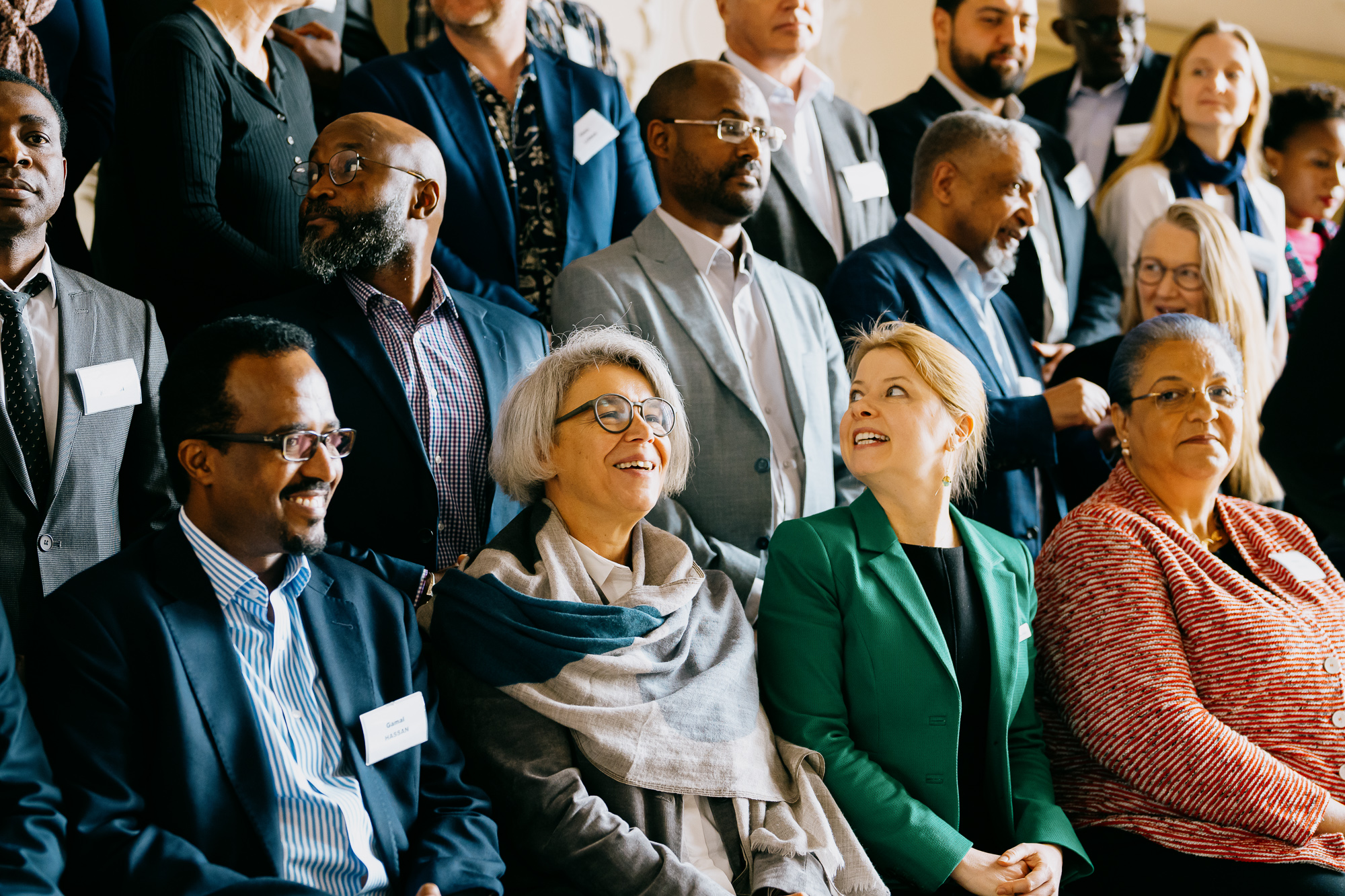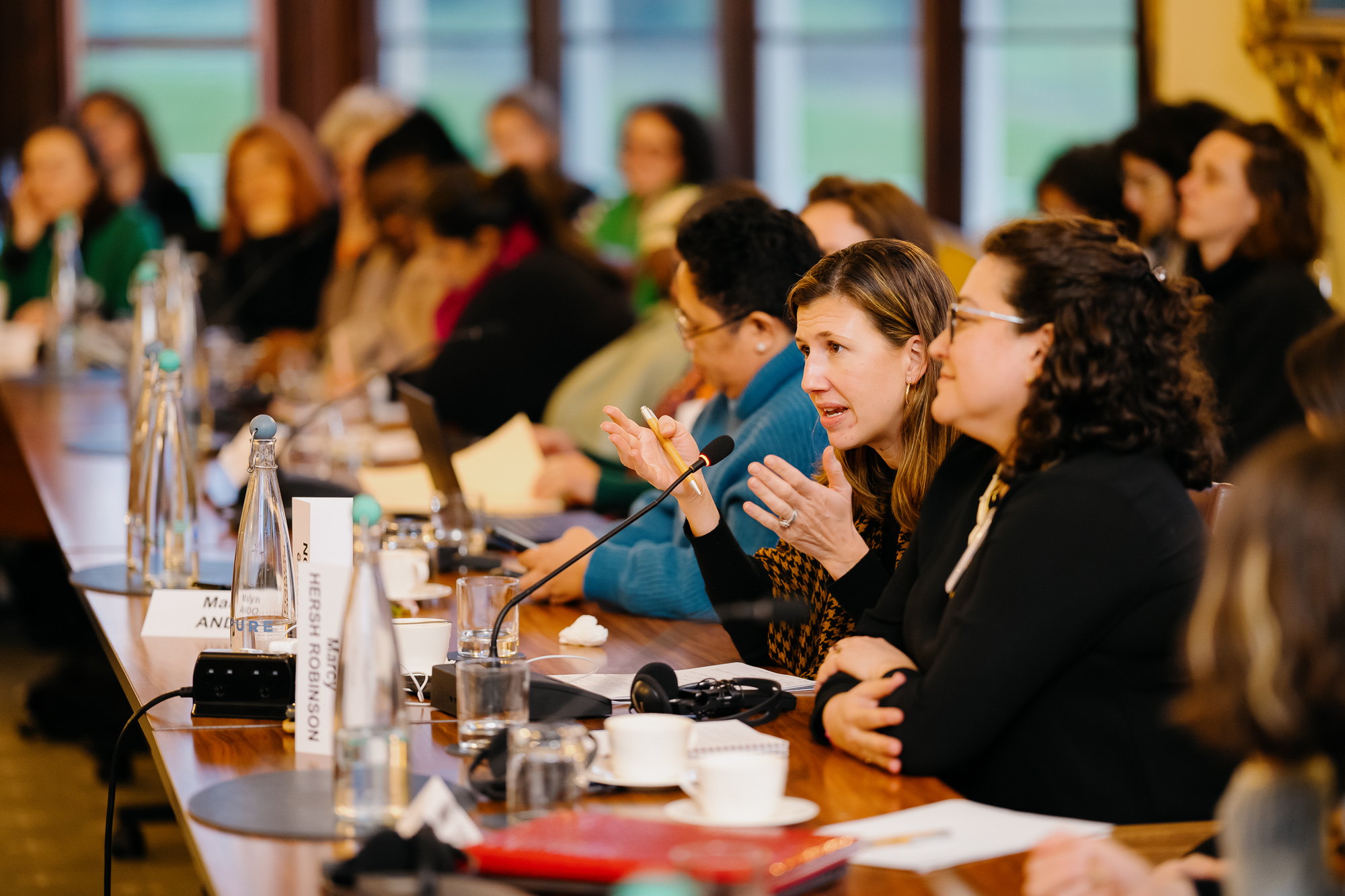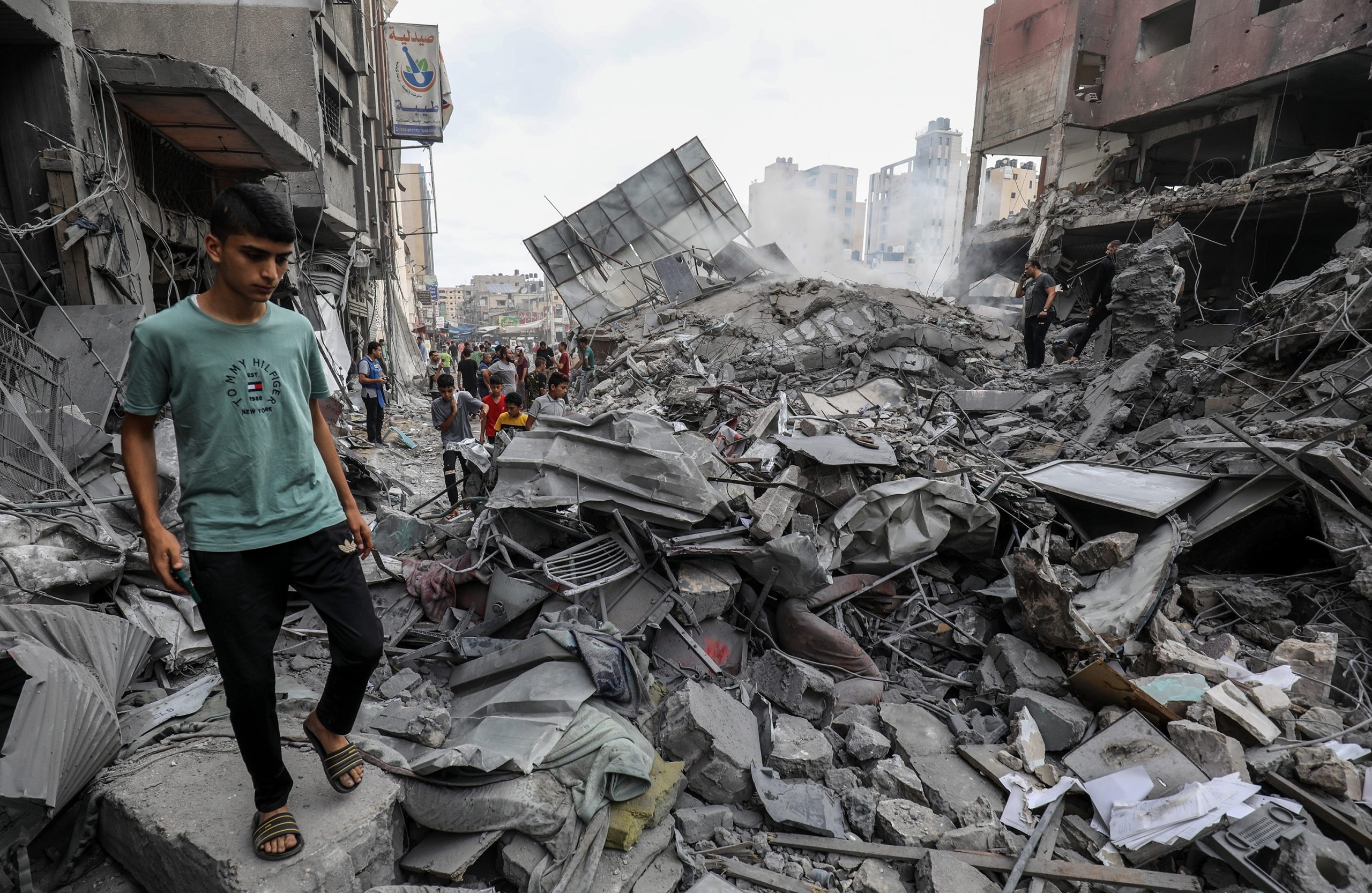Event reports
1. The Future of Aid: towards global public investment?
2. The Future of Aid: Crisis and Opportunity – How the COVID-19
moment will catalyse change in the aid sector
3. Setting the principles to underpin public investment for global
‘commons’ in a post-COVID world
4. Future of aid: Financing global ‘commons’ in a post-COVID world: From principles to practice
5. New models of governance for global development finance:
principles, pitfalls, and potential
Event programmes
1. WP1766V1 Virtual dialogue – Tuesday 17 March
2. WP1766V2 Virtual dialogue – Thursday 30 April
3. WP1766V3 Virtual dialogue – Wednesday 15 July
4. WP1766V4 Virtual dialogue – Tuesday 17 November
Wilton Park’s Future of Aid series is focusing on the changing nature of global public concessional finance given the COVID-19 pandemic and the responses to it. Comprised of a series of virtual dialogues, it aims to discuss what new approaches to global concessional public finance and development cooperation over the coming decades might be appropriate in the post-Covid era and the changes that might be needed.
The virtual dialogues are bringing together a diverse group of thought-leaders who contribute different insights from south and north, for thought-leadership discussions on the future of concessional financial development cooperation. The intention is to bring the thinking together with an in-person meeting when circumstances allow in 2021.
The series is being organised in partnership with Joep Lange Institute, United Nations University, the OECD Development Centre, Development Initiatives and Equal International:
The first of the series in March 2020 discussed ‘The Future of aid: towards global public investment’ (GPI) identifying how GPI can help frame a conversation of a changing shift in global development financing. The report can be accessed here.
A second dialogue in April 2020 debated: Crisis and Opportunity – How the COVID-19 moment will catalyse change in the aid sector and examined how financing for the COVID-19 pandemic could inform discussions on the future of aid. The report can be accessed here.
Setting the principles to underpin public investment for global ‘commons’ in a post-COVID world was the focus of the third virtual dialogue, convened in July, which identified some of the existing and new principles that might shape international public finance in the future focused for the common good. The principles recommended can be found in the report here.
The fourth virtual roundtable will be held on Tuesday 17th November and focus on New models of governance for global development finance: principles, pitfalls, and discussing what models of governance would be needed and would work best for global development finance to meet the needs of the post Covid era.
Context: The series has been based on the context of a changed and still rapidly changing global landscape, of which the pandemic is just one part. There is much debate on the future of concessional international public finance for development. From the threat of climate chaos to the opportunities of the SDG agenda the series set out to address what are the appropriate objectives for global public funding to support human progress and global public goods? Looking ahead, how might the need for aid and aid-like finance change over the next 50 years? What needs to evolve? What do the various actors need to contribute?
This series of Wilton Park dialogues encourages us to think long term and suggest concrete proposals for the future of financial assistance for international development.
Additional big questions to be addressed, for example:
- How far has the SDG agenda broadened development cooperation objectives beyond a focus on poverty (which was at the heart of the MDG era)
- How should concessional international public finance be best used in the coming decades to respond to the world’s most pressing challenges?
- How can ‘aid+’ better act as a catalyst? How can it complement other forms of finance? What can be learnt from successful models of ‘aid+’ already underway? What is the role of ‘aid+’ in middle income countries?
- What will be the role of different actors in the international development sector in future? What new partnerships are evolving or will be necessary?
- With a future framework starting to evolve what detailed policy next steps are needed? What are the technical and political barriers to change? How might they be overcome? What broader box of tools might be needed, including non-financial, for example knowledge exchange?
